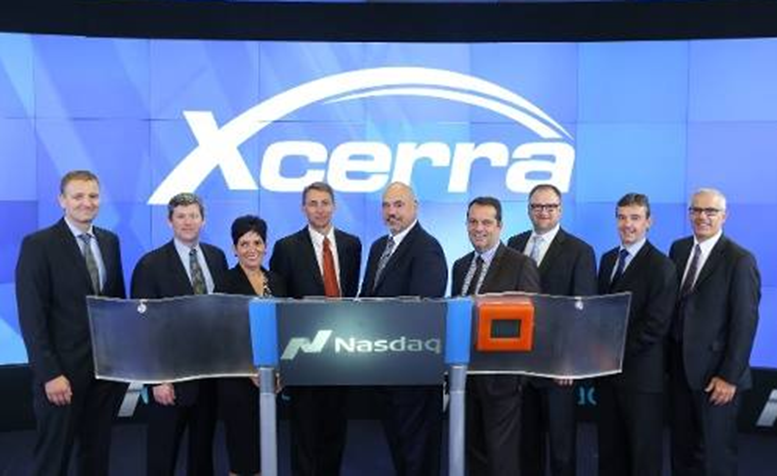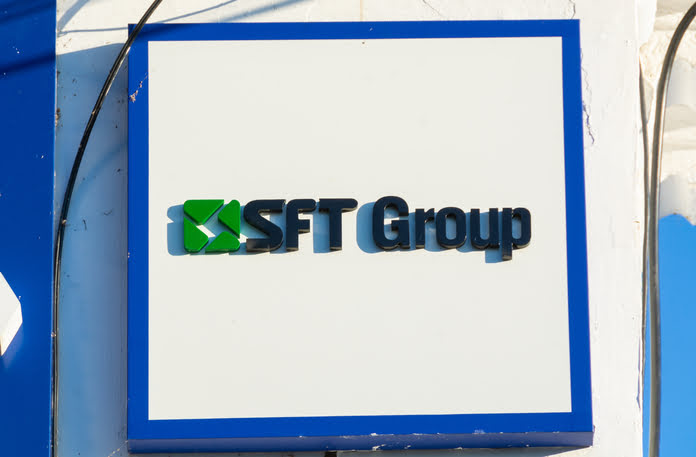Tesla (NASDAQ:TSLA) stock had a strong start to the year, with the electric vehicle (EV) giant’s shares gaining over 78% year-to-date. However, over the past month, Tesla stock has experienced a significant pullback, resulting in a roughly 16% decline. This downturn can be attributed to intensified competition in the EV market and the impact of rising interest rates, which have affected not only Tesla but also other automakers. Additionally, Tesla has consistently lowered its average selling prices throughout the year to expand its market share, impacting both its margins and stock price.
With this context in mind, let’s delve into the factors to assess whether Tesla stock is a prudent investment at this juncture. However, before examining the pros and cons, let’s first gain a deeper understanding of Tesla.
About Tesla
Tesla is renowned for designing and manufacturing fully electric vehicles, as well as offering solutions for solar energy generation and energy storage. The company provides a range of services related to its product offerings, including maintenance, installation, operation, financial assistance, and more. Additionally, Tesla is increasingly focusing on areas such as artificial intelligence (AI), robotics, and automation.
In 2023, Tesla produced 1,350,996 consumer vehicles and delivered 1,324,074 consumer vehicles in the first three quarters. During the same period, the company deployed 11.52 gigawatt hours of energy storage products and 182 megawatts of solar energy systems.
The Bull Case
Tesla is well-positioned to maintain its dominant position in the EV market, even in the face of intensified competition. This is attributed to the company’s commitment to expanding its manufacturing capabilities, including the production of new vehicle models and next-generation platforms. Furthermore, Tesla’s efforts to reduce costs, continuous innovation, and the ability to procure and manufacture components locally enable the company to offer its vehicles at competitive prices and capture a significant market share.
As a cost leader in the EV sector, Tesla boasts industry-leading margins. Leveraging this margin advantage, the company aggressively reduces prices and boosts volumes, exerting significant pressure on competitors who are compelled to lower their prices, even at the cost of profitability. In the future, a focus on reducing the cost of goods sold per vehicle will enable Tesla to drive volumes and pose significant challenges to its rivals.
In addition to cost reduction, Tesla continues to generate demand and build brand awareness for its cars by enhancing performance and functionality, including AI-driven products like Autopilot and Full Self-Driving (FSD), as well as various software features. The introduction of new vehicles, such as the highly-anticipated Cybertruck, positions the company favorably to defend its market share.
In summary, Tesla is not only well-equipped to defend its leadership in the EV industry but also to expand it. This positions the company to benefit from the ongoing electrification of the automotive sector and the increasing focus on environmental regulations and initiatives.
The Bear Case
Despite its long-term potential, Tesla’s strategy of lowering prices may offset the benefits of cost reduction and put pressure on its earnings in the coming quarters. This could limit the upside potential of its stock.
Already, Tesla’s operating margin has decreased from 17.2% in the third quarter of 2022 to 7.6% in the third quarter of 2023. This significant decline indicates a reduction in Tesla’s margin advantage over its competitors, raising concerns about its valuation.
It’s important to note that Tesla stock historically traded at a premium compared to peers, owing to its robust volumes and industry-leading margins. However, as the margin gap with competitors narrows, justifying Tesla’s premium valuation becomes more challenging.
The Final Verdict: Buy, Sell, or Hold?
Tesla is well-positioned for long-term growth, thanks to its leading position in the EV market, expanding vehicle production and delivery, and a comprehensive range of solutions, including charging infrastructure, energy storage, FSD, and software services.
However, Tesla’s profit margins are expected to face ongoing challenges in the foreseeable future. This is primarily due to reduced average selling prices and increased investments in artificial intelligence and other research and development projects. As a result, the potential for stock price appreciation may be limited, and the majority of analysts are cautious about endorsing TSLA in the near term.
Out of the 26 analysts covering Tesla stock, seven have a “Strong Buy” recommendation, two recommend a “Moderate Buy,” 14 suggest “Hold,” and three recommend a “Strong Sell.” Furthermore, the average price target is $239.08, implying a modest 9% upside potential from current levels.
Featured Image: Freepik









